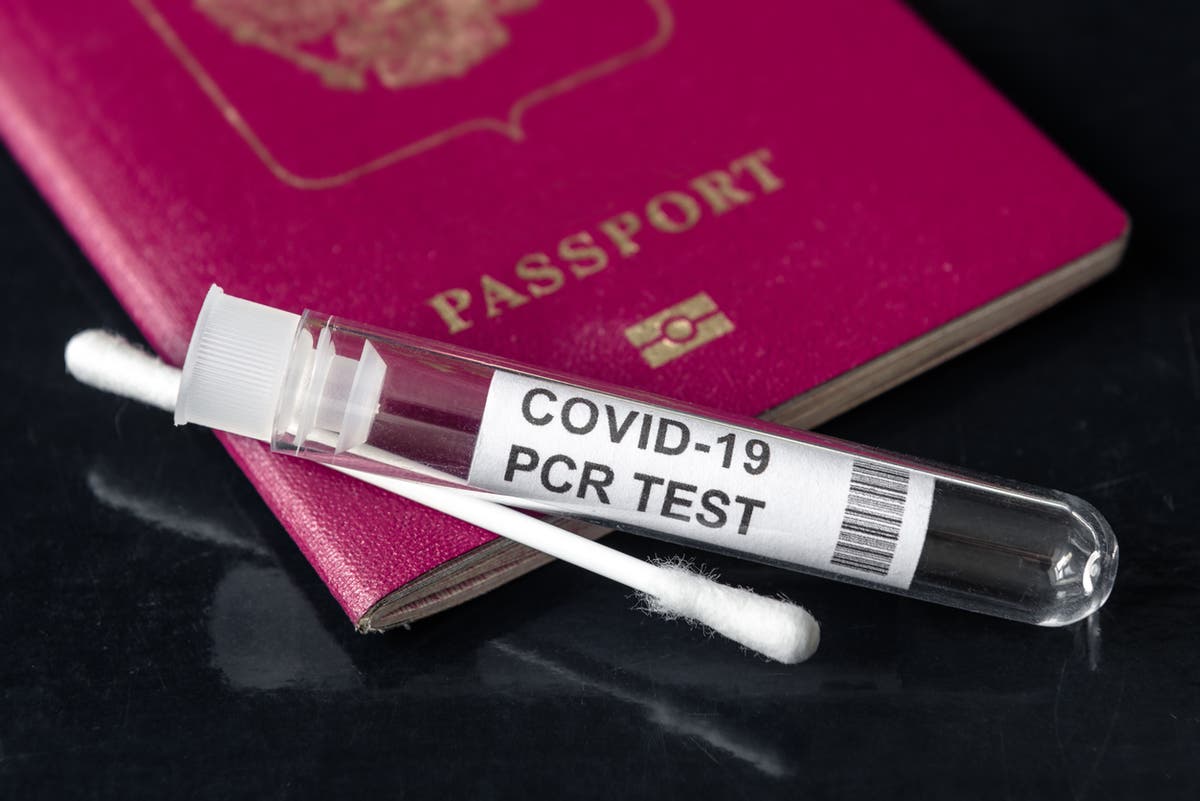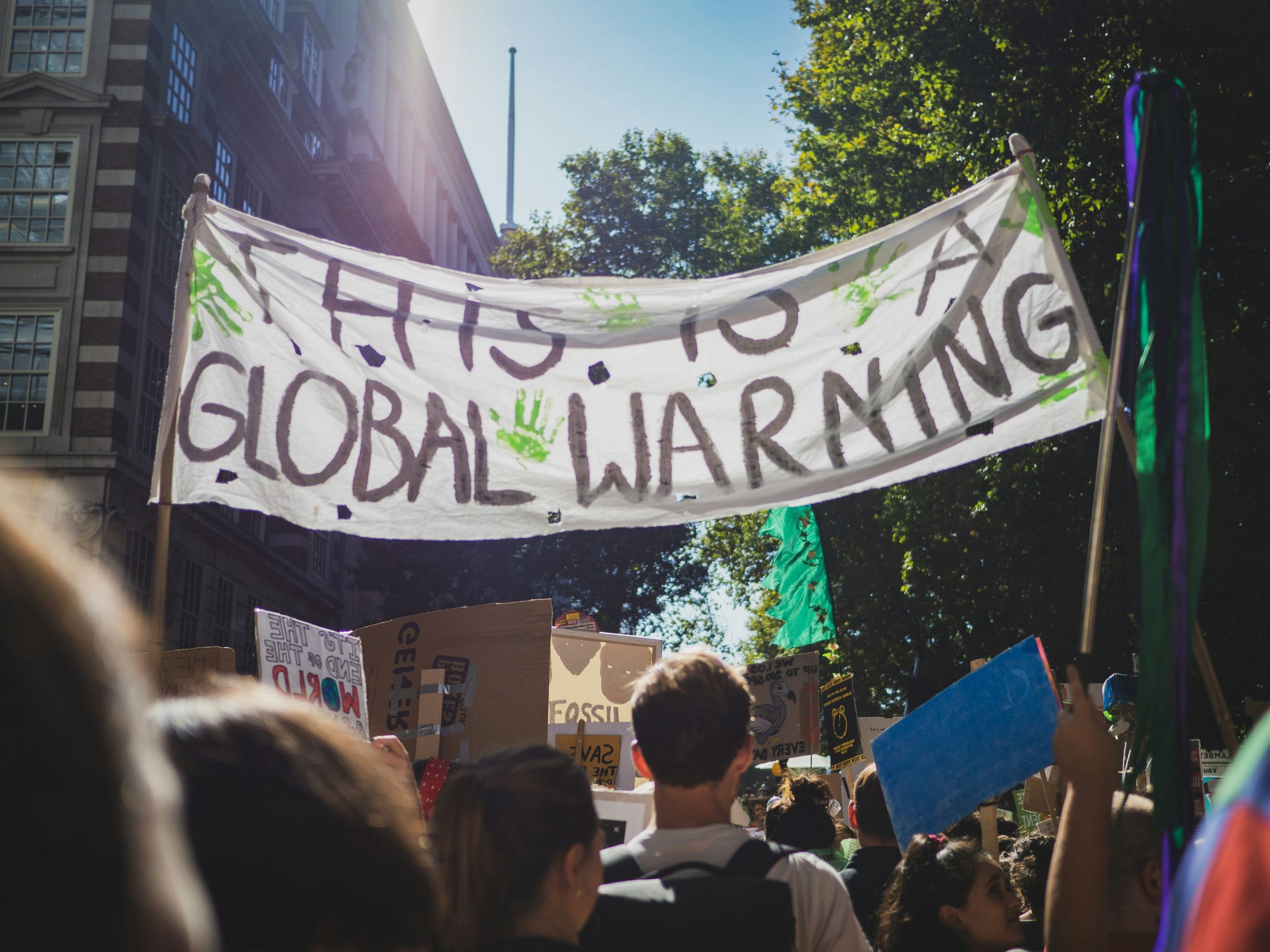How Food Really Affects Your Skin, According to a Dietician and a Skincare Expert
"You can’t out-supplement a poor diet." The post How Food Really Affects Your Skin, According to a Dietician and a Skincare Expert appeared first on Camille Styles.
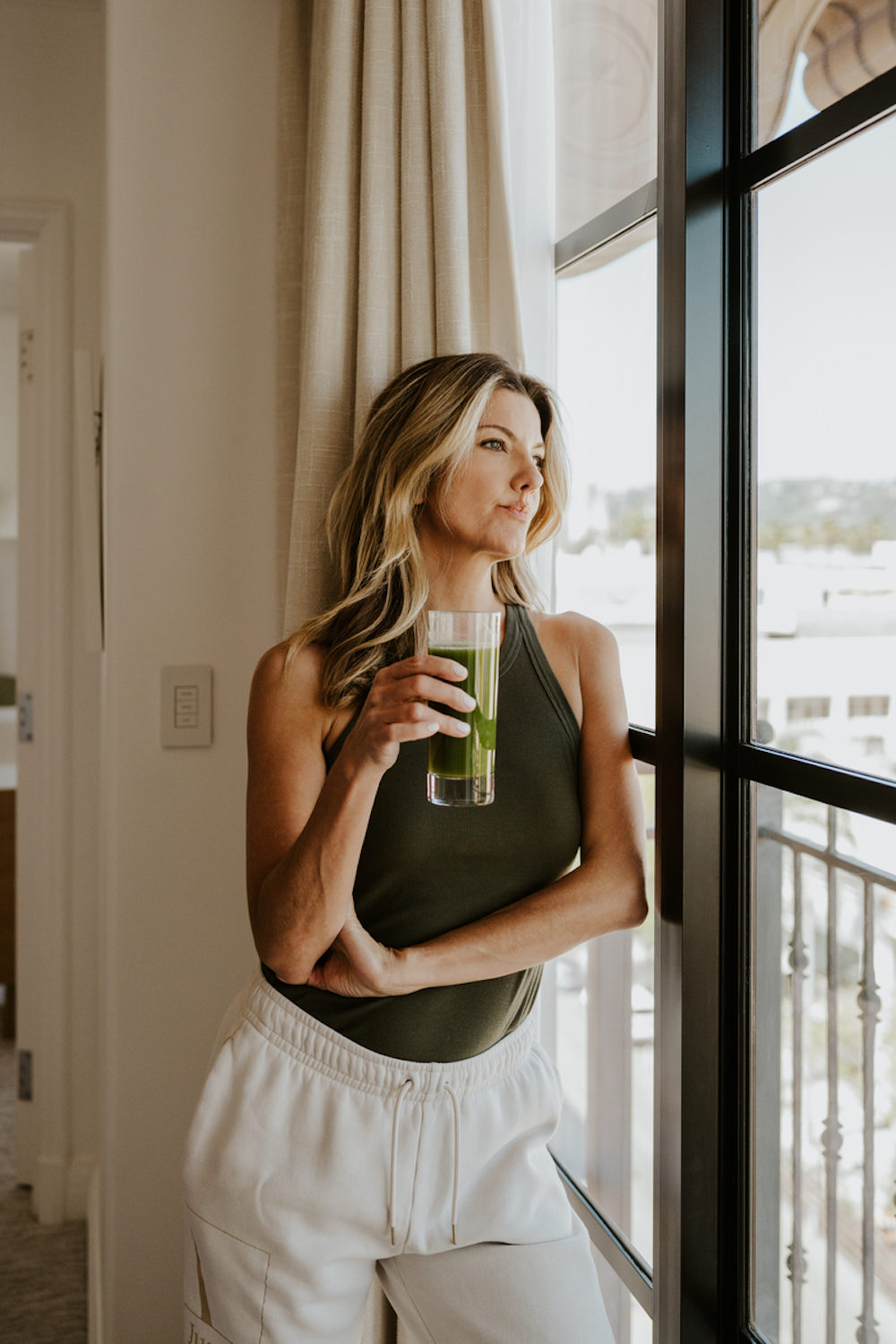
When it comes to skincare, there are two types of people: one will detail her full skincare routine at the drop of a hat, while the other credits her glow to “drinking lots of water.” But those girls might be onto something. Genetics, hormones, and age play a significant role in the appearance of your skin. And topical skincare goes a long way—especially when you tailor your routine to your skin type and individual needs. But as we’re beginning to learn, a connection exists between nutrition and your resulting glow (or lack thereof). So, how does food affect your skin? You’ve come to the right place for answers.
The relationship between food and skin is more powerful than you think. Sleep, food, and skin products are all part of a holistic routine for your face. Like any organ, your skin health and diet are directly linked. Prioritizing whole foods, nourishing ingredients, and hydrating your cells from the inside out is the first step to clear, radiant skin.
*Image above from our interview with Inge Therone

What Your Food Is Really Doing to Your Skin
Skin supplements are all the rage. Beauty retailers and even grocery stores line their shelves with powders and elixirs, claiming endless aesthetic benefits. Many of these are backed by research (though many are not). But nourishing your body with the right food trumps them all.
As a lover of sweet treats, I would never advocate for depriving yourself. Paying for my dessert with the occasional pimple is a price I’m willing to accept. But a solid foundation of healthy, balanced meals can support your skin in the short and long term. From dehydration to hormonal acne, your skin and what you eat are so intertwined that by changing your diet, a transformation is virtually guaranteed.
To dive deeper into the importance of nutrition for your skin, I spoke with two experts for their tips on building a healthy skin diet.
Meet the Experts
Amanda Holtzer: A registered dietitian and founder of Amanda Ghee Nutrition.
Julie Nguyen: Co-founder and CEO of Methodology, a premium prepared food service committed to delivering fresh and nourishing meals composed of vibrant ingredients.

How does food affect your skin?
Holtzer: Our skin is our largest organ. It’s also our body’s first line of defense against any potential harm—such as trauma, UV damage, bacterial and/or chemical damage. I like to think of it as our body’s first defensive barrier.
Just like all the other organs (liver, kidneys, heart, etc.), what we eat plays a significant role in how that organ functions and how it grows and repairs itself. Poor nutritional status can contribute to poor skin health, which can compromise the strength of your skin barrier.
Nguyen: What you eat can help your body repair and renew your skin to make it radiant or cause serious skin issues like eczema, acne, and psoriasis. Your diet also affects how quickly your hair grows. Poor diet can lead to excess shedding and slower hair growth.
Almost nothing affects your skin and hair health more than your diet.
-Julie NguyenHow would you recommend starting your skin health journey?
Holtzer: Something I encourage you to keep in mind is that your general, overall eating pattern is what’s most important when it comes to skin health. Many of us tend to hone in on and focus on small details—such as one specific “superfood” or one trick that an influencer swears by.
It’s much more effective to focus on your repeated patterns, and to establish consistent patterns that are conducive to improving skin health—such as drinking lots of water, eating a variety of fruits and vegetables every day, including healthy, monounsaturated fats regularly, using sun protection and moving your body. Focusing on incorporating these habits into your day-to-day life will be much more effective than focusing on one single food or supplement.

Food and Skin Myths
Holtzer: As with most nutrition-related topics, there are a lot of trends around skin health that come and go. And while some of those trends hold water, others are simply myths, most likely created in the name of marketing and profit. Let’s break some of those myths down:
Myth 1: Chocolate causes acne
There is very little—if any—research conducted on the correlation between chocolate intake and acne. This is also a very broad, overarching claim, whereas a claim like this should be addressed case by case. For some, increased sugar intake is correlated with a pro-acnegenic effect. For some, dairy can exacerbate certain skin conditions. But these highly depend on a person’s age, medical history, skin history, medications, overall diet, and more.
Myth 2: A collagen smoothie results in plumper skin
Collagen is the major structural protein in many of the body’s tissues. Collagen functions to maintain and improve skin integrity, elasticity, and moisture. However, to say that one collagen smoothie would result in plumper skin is extreme. While research has been conducted on the link between collagen intake and skin health, it’s extremely hard to draw causational results because researchers can rarely, if ever, control all aspects of participants’ diets.

What foods are best for glowing skin?
Holtzer: We want to include foods that are protective of the skin and proactive against damage to the skin. Certain foods contain bioactive compounds that can exert protective mechanisms. Many of these are found in plant-based foods.
Carotenoids
Research shows that carotenoids provide endogenous protection against UV radiation and can positively impact moisture content and elasticity of the skin.
Foods rich in carotenoids are carrots, sweet potatoes, pumpkin, butternut squash, orange bell peppers, grapefruit, tomatoes, and leafy greens.
Anthocyanins
Anthocyanins are pigments found in certain fruits and vegetables that destroy free radicals and decrease inflammation.
Foods high in anthocyanins are cherries, pomegranates, red grapes, plums, red cabbage, and eggplant.
Polyphenols
Polyphenols are compounds found in certain plant foods that are protective against oxidative stress.
Foods rich in polyphenols include berries, red cabbage, spinach, olive oil, apples, dark chocolate, and green tea.
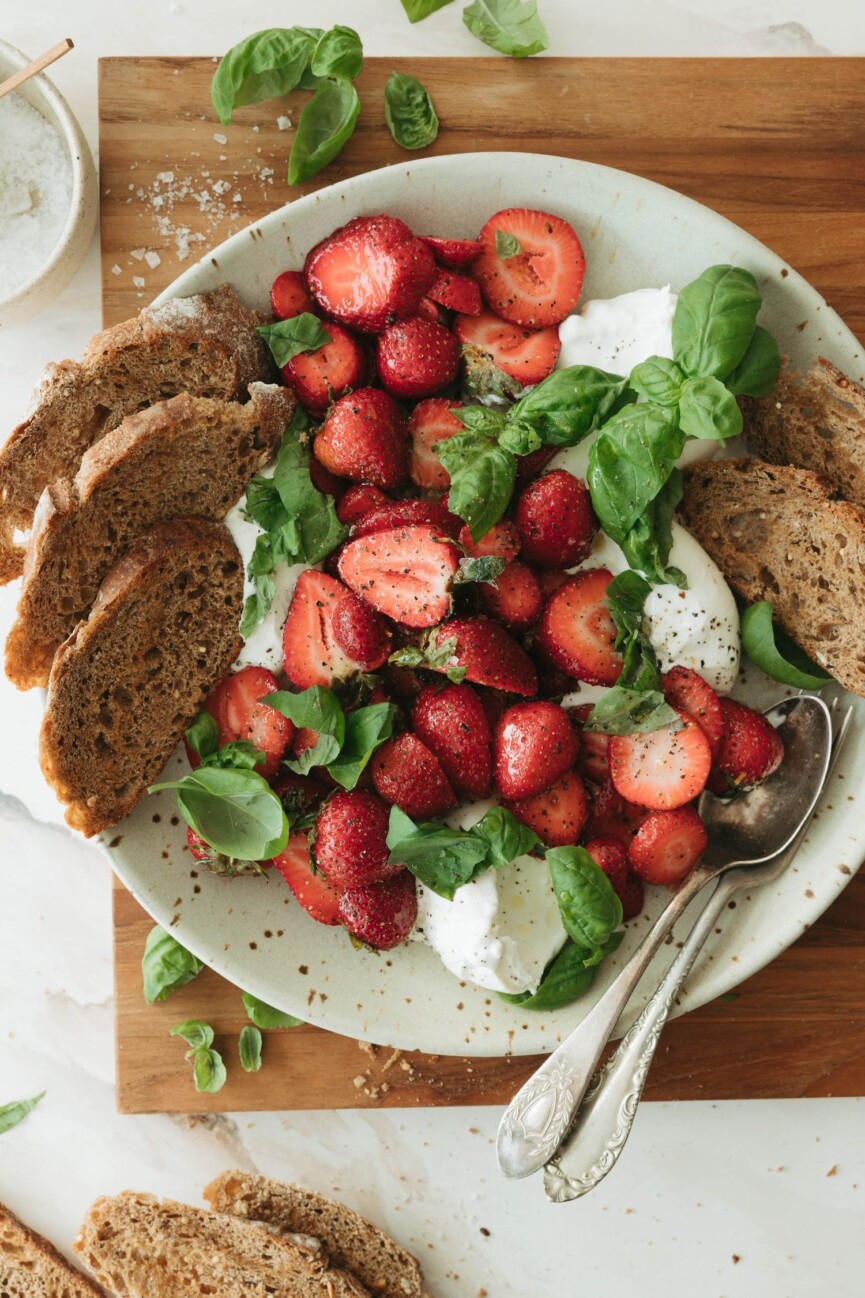
Which foods do the greatest harm to your skin?
Nguyen: Your body can clear only so many inflammatory foods before skin issues arise. Conversely, eating unprocessed, nutrient-dense foods helps repair and renew skin.
The most common food sensitivities we see among Methodology customers are sensitivities to wheat, gluten, and dairy. Ultra-processed foods also lead to gut health issues and skin issues. These foods include hard-to-pronounce or suspicious-sounding ingredients you would never cook with at home. The food industry uses these ingredients to improve the shelf life, flavor, smell, and texture of foods that would otherwise go bad quickly.
Holtzer: While no one food is solely responsible for damaging skin, certain foods and beverages should be limited to preserve and promote skin health. That’s not to say that these foods cannot fit into a healthy, balanced diet, but I recommend limiting one’s intake.
Alcohol. Alcohol functions as a diuretic, meaning it helps the body to rid of extra fluid by producing more urine. This means that it can be super dehydrating. Many of us are familiar with the feeling of waking up after a night of drinking—it’s as if all the water in the world won’t quench our thirst. Dehydration can lead to dry skin, dry lips, and decreased skin elasticity. So, I recommend saving alcohol for occasions and being mindful of drinking extra water whenever consuming alcohol. Refined carbohydrates. Foods with a high glycemic index, such as refined sugars and white bread, are rapidly digested and absorbed—leading to a quick rise in blood glucose and corresponding elevated levels of insulin. High refined carbohydrates. Foods with a high glycemic index, such as refined sugars and white bread, are rapidly digested and absorbed, leading to a quick rise in blood glucose and corresponding elevated levels of insulin. High insulin levels have been shown to play a role in the pathogenesis of acne and skin inflammation. Aim to get most of your carbs from whole food, high fiber sources.
Nutrient Deficiencies That Can Lead to Poor Skin Health
Holtzer breaks down a few of the key nutrient deficiencies that can contribute to poor skin health.
Protein deficiency. Protein plays an important role in skin health and repair. Proteins contain amino acids, which are essentially the building blocks of most cells in the body—including skin cells. Eating a diet rich in whole food protein sources can help with skin cell growth and repair. I recommend including protein in all meals and snacks that you consume. Zinc. Zinc is a trace mineral that works with the body’s immune system to prevent and fight bacteria and viruses. Zinc also plays a role in DNA and protein production. A zinc deficiency can lead to dry and scaly skin. In severe cases, it can lead to inflammatory skin conditions like eczema, acne, rosacea or ulcers. Vitamin C. Vitamin C is a powerful antioxidant essential for the synthesis of collagen in the skin. The human body cannot synthesize vitamin C, so we must get it from our diet. Foods rich in vitamin C include kiwi, bell peppers, citrus fruits, broccoli, cantaloupe, strawberries, and Brussels sprouts.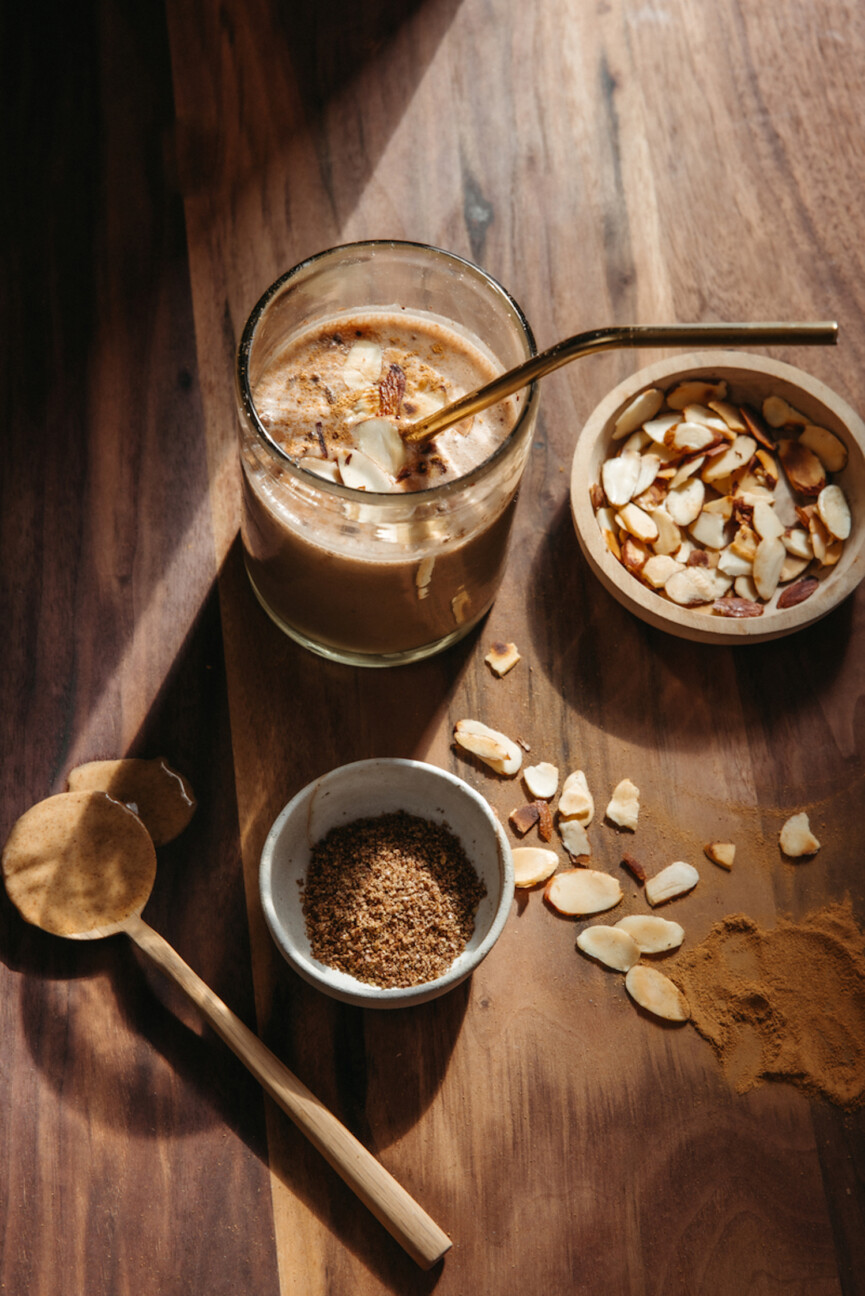
How long does it take for dietary changes to improve skin?
Holtzer: The relationship between diet and skin health is a long-term one. One day of indulgent eating is not going to cause major skin problems. What’s more important is focusing on your overall patterns. Most of the time, it’s important to practice skin-healthy nutrition habits, such as drinking water, eating a varied diet, and limiting inflammatory foods.
Nguyen: The reason so many people don’t realize that diet and skin are so intertwined—and waste too much money on expensive skincare products that address symptoms and not root causes—is that it can take two months for dietary changes to show up on your skin.
It’s not like you eat cheese and then get a pimple caused by cheese the next day. Pimples caused by dairy might not appear on your face for 4-6 weeks. This is why if you suspect your diet is causing skin issues, you need to clean up your diet first at least two months to see whether your changes are working.

What role do supplements play in supporting skin health?
Holzer: You can’t out-supplement a poor diet. I always recommend that we focus on getting most of our nutrition from whole food sources. Eating a diet rich in lean proteins, various fruits and vegetables, whole grains, and healthy fats can ensure that you’re hitting all of your macro and micronutrient needs.
That being said, supplements can be helpful in doing just what the name says—supplementing a healthy diet. For example, if you know you don’t enjoy many foods high in omega-3 fatty acids (such as olive oil, nuts, seeds, salmon, and avocados), it might be wise to take a daily omega-3 supplement. If you aren’t a huge fan of protein, it’s helpful to lean on supplements like protein powders to help ensure you’re getting enough
Nguyen: You don’t need any supplements to help your skin glow. You can get there if you’re consistent with avoiding the foods that trigger your skin issues and consistently eating foods every day that optimize gut health. If you eat this way 90% of the time, you will have incredible skin.
However, once your diet is fully optimized, you can improve your skin health by regularly consuming a high-quality pastured bone or fish broth or a high-quality grass-fed beef or wild marine collagen supplement.

 Tekef
Tekef 










